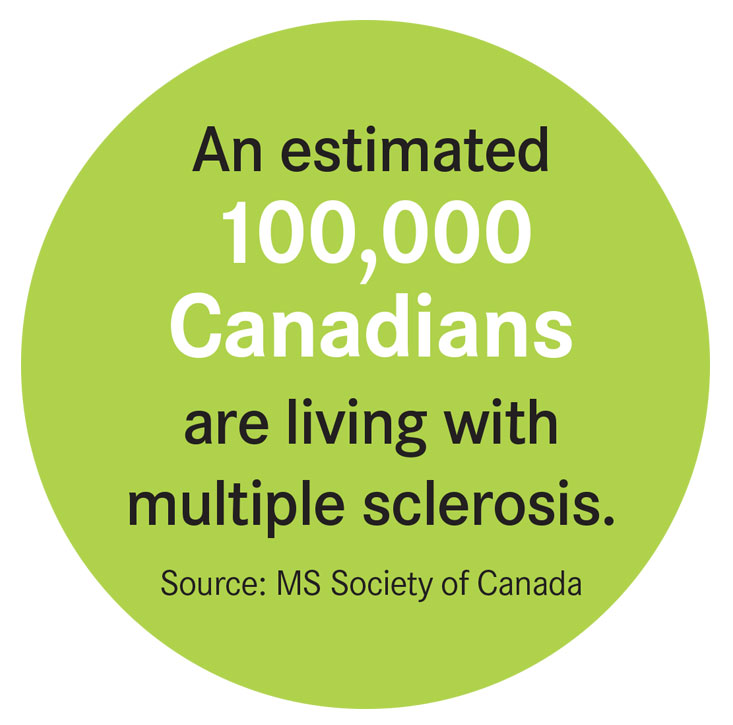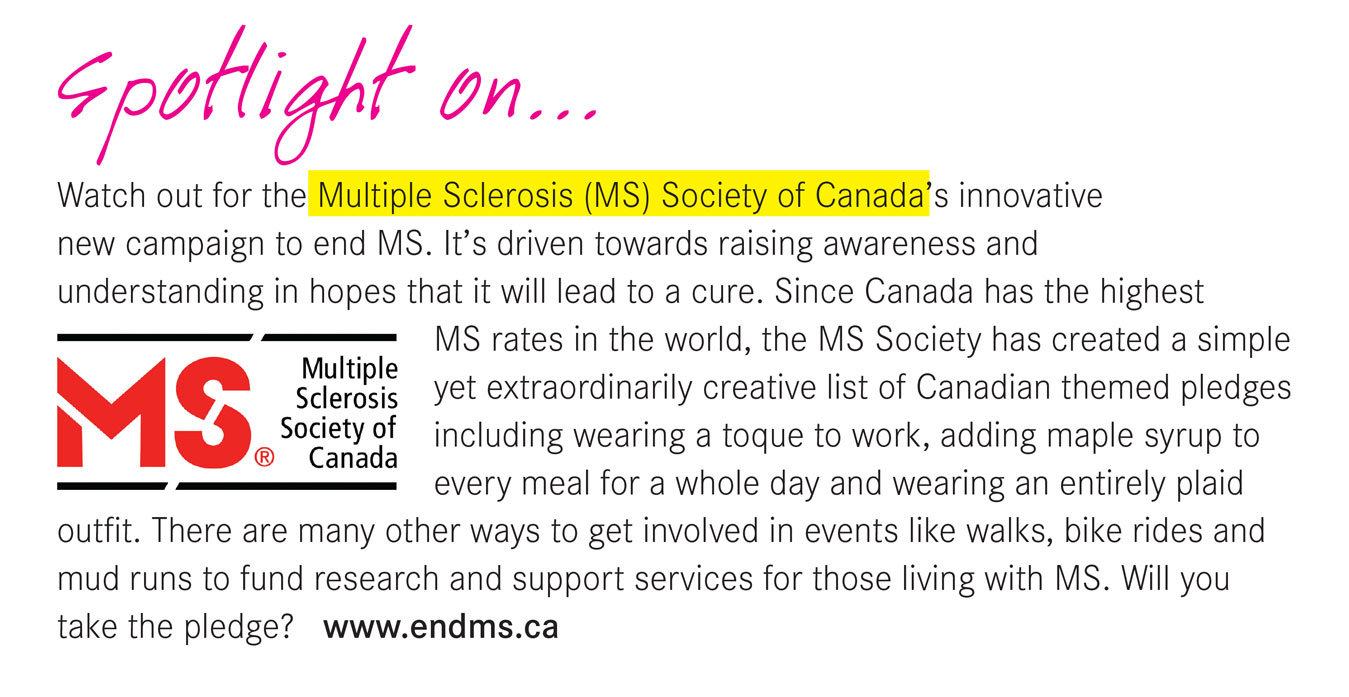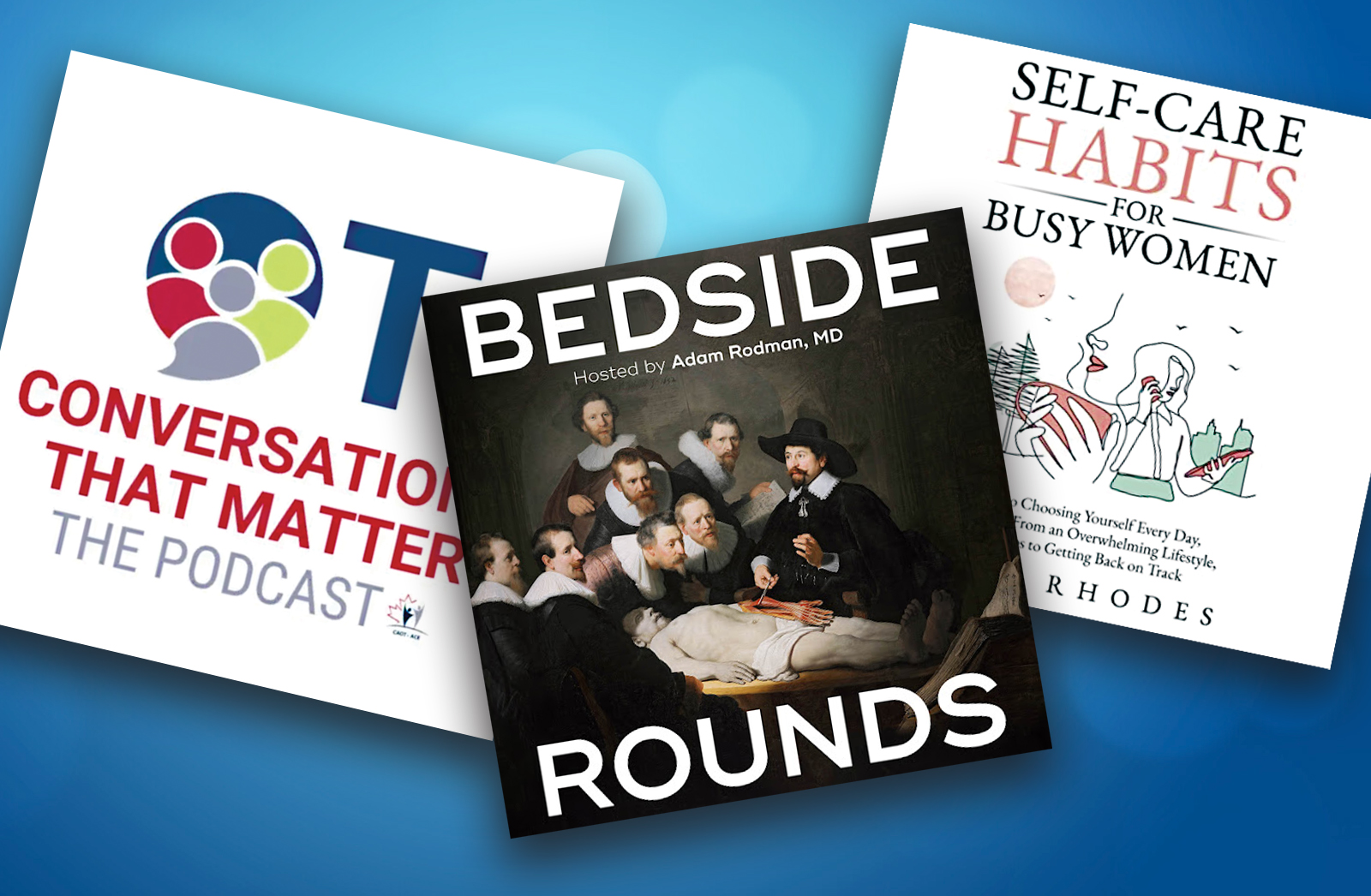 MSC, the miracle cells
MSC, the miracle cells
Mesenchymal stem cells (MSCs) are the focus of two new studies investigating the treatment of both amyotrophic lateral sclerosis (ALS) and multiple sclerosis (MS), and may provide new treatment opportunities. In the first study, the research team, based in Korea, had two objectives. They wanted to explore the safety of stem cell treatment in ALS, and they hoped to determine whether two injections would be more effective in reducing symptoms than one. Good news: no serious adverse events were caused by multiple injections and none of the participants experienced any advancement in symptoms of ALS after receiving two injections.
The second study, on MS, had similar objectives: to assess the safety and effectiveness of MSCs that came from the person receiving the treatment. MSC therapy is used to moderate the immune cells that drive MS and the early experiments produced encouraging results. A major distinguishing factor for both of these studies, making them unlike any of their kind, is that in cases where the treatment was effective in decreasing inflammation to the brain and contributing to the restoration of the central nervous system, participants did not have to undergo invasive surgeries or intensive medical procedures such as chemotherapy, thus reducing the general risk factor of related side effects or complications.
Source: Multiple Sclerosis Society of Canada
Women and binge drinking
A recent study has revealed that although men are still more likely to overindulge, binge-drinking rates for women in the United States rose almost 36 per cent between 2006 and 2012. The Center for Disease Control and Prevention estimates that 38 million Americans drink “too much.” Over indulgence, in this case, can be defined as the consumption of more than 15 alcoholic beverages per week for a man and more than 10 per week for a woman. From a Canadian perspective, the Centre for Addiction and Mental Health in Toronto reports that 41 per cent of Canadians aged 20 to 24 had binged on alcoholic beverages 12 or more times in the past year.
The increase in women’s binge-drinking habits may be attributed to the fact that it is becoming more socially acceptable for women to adopt the same drinking habits that men have had for a long time.
Source: The Huffington Post and CAMH
Are we failing boys?
Mental health expert Gregory Jantz, the founder of The Center (a Washington state facility specializing in the treatment of depression), is calling for a reform in the way the education system handles young boys, in light of a recent increase in violent school-related incidents. Suggestions include restructuring the system to reflect the vast differences in the brain’s chemical makeup between boys and girls.
According to Jantz, a change needs to occur in the way that education is designed. He argues that when boys are treated in school as hyperactive, poorly behaved and disruptive, it creates an internal conflict. He believes this contributes to stunted behavioral growth, which is reflected in the fact that 89 per cent of incarcerated youths aged 15 to 17 are male, and 80 per cent of those diagnosed with behavioral disorders are boys.
Source: PR News Wire
The blind can “see” sounds
Scientists from the Hebrew University in Jerusalem have published results of research looking into the brains of people who have been blind since birth. They were found to have similar visual cortexes (the part of the brain responsible for sight) as those who are fully sighted. Interestingly, the visual cortex shows positive results when stimulated and can be trained to “see” sounds. With further research and investigation, it is hoped that scientists may be able to “turn people’s sight back on.”
Source: In Brain, A Journal of Neurology














